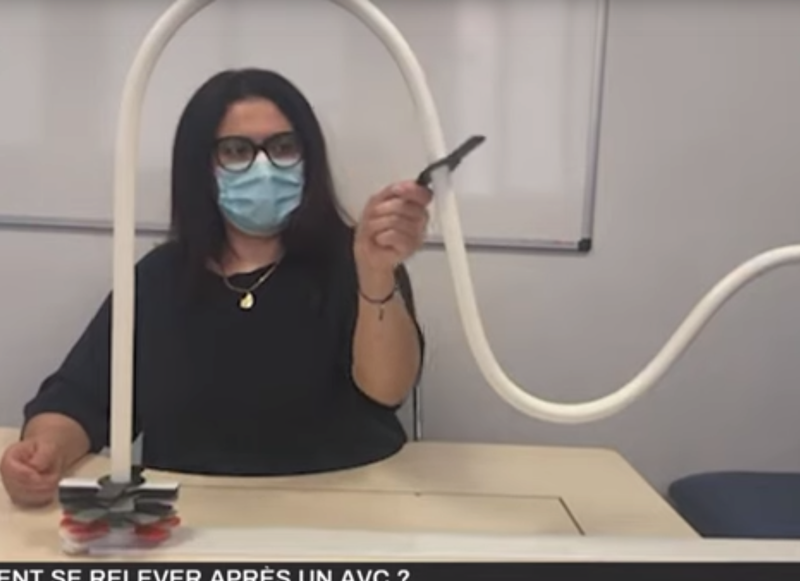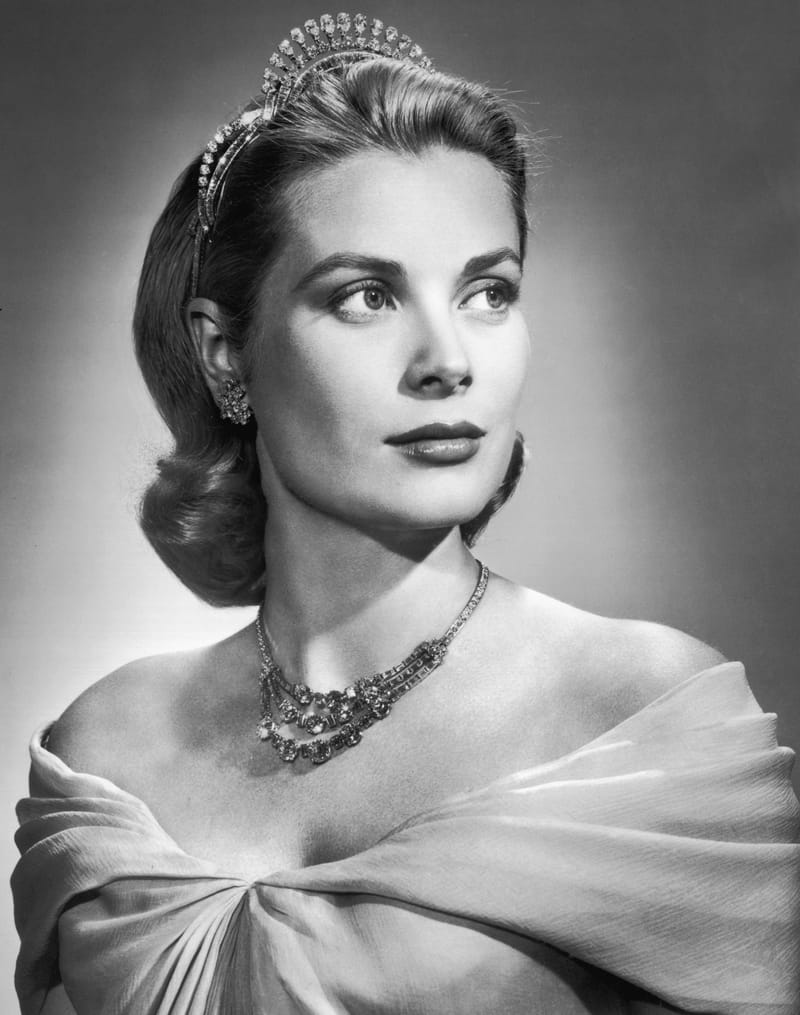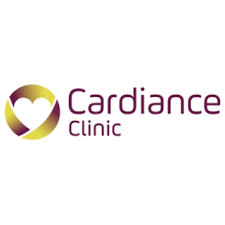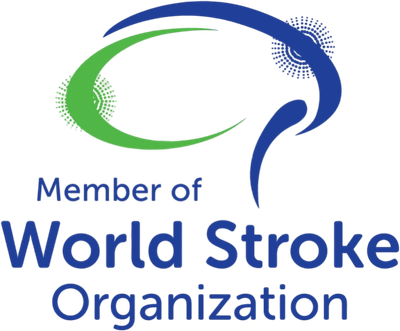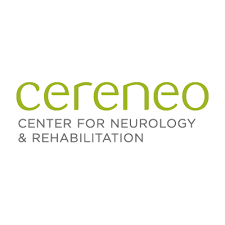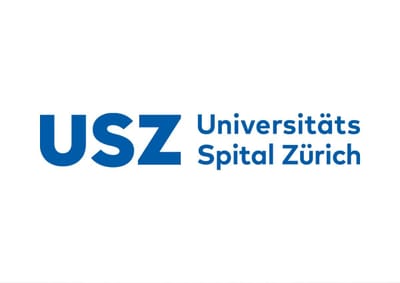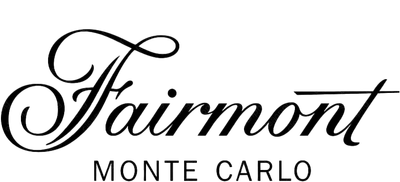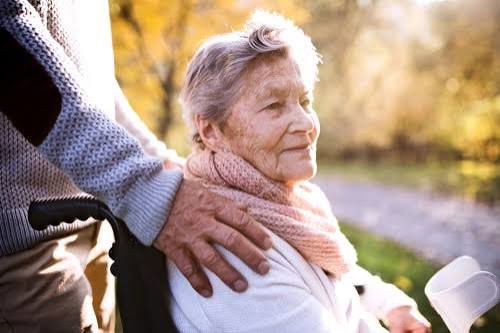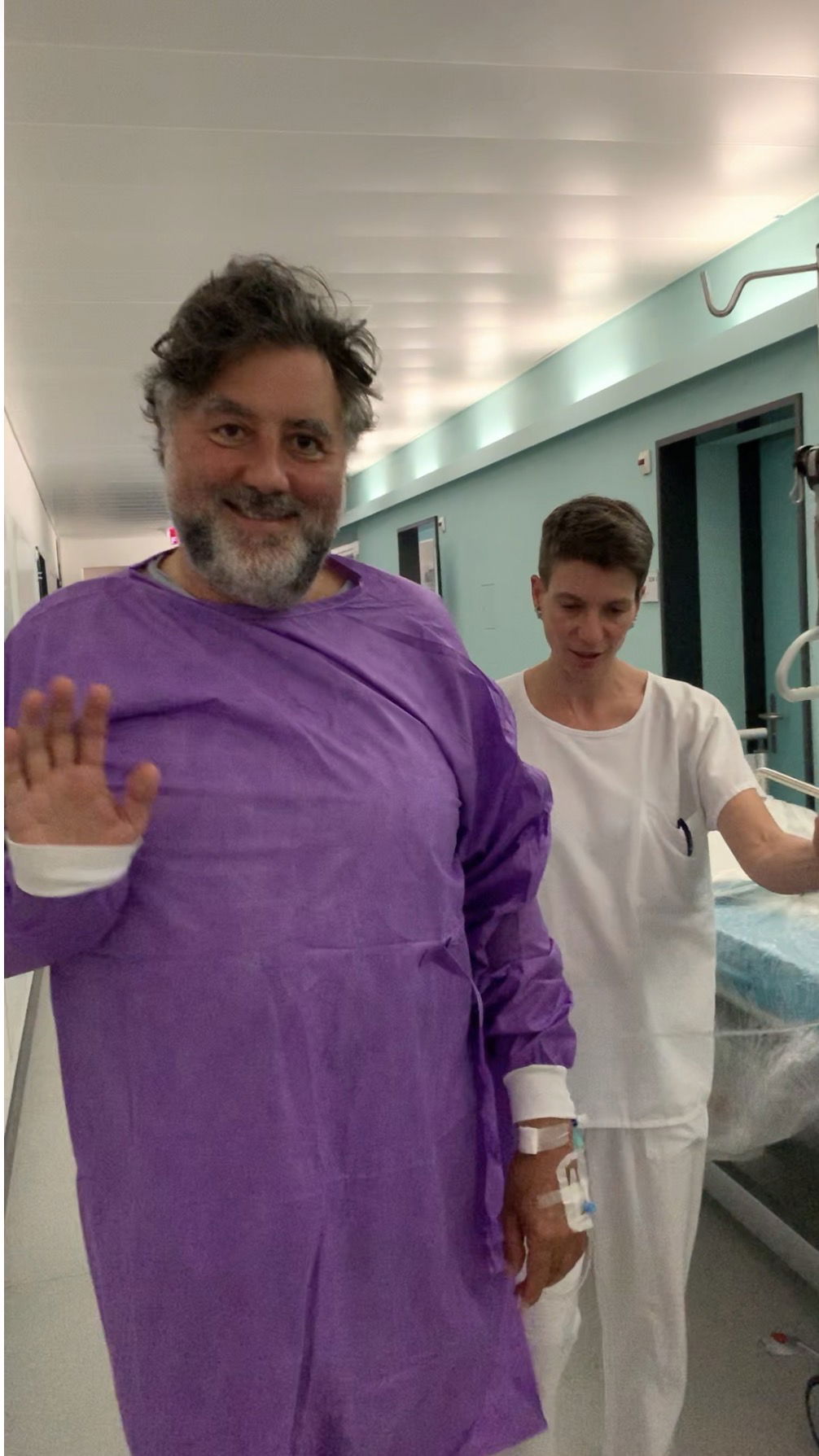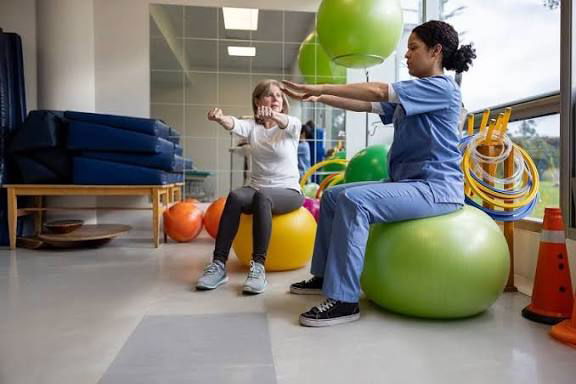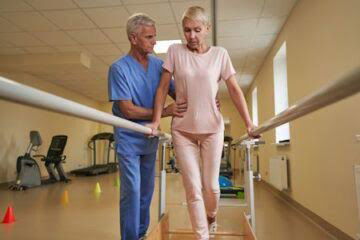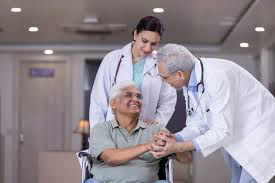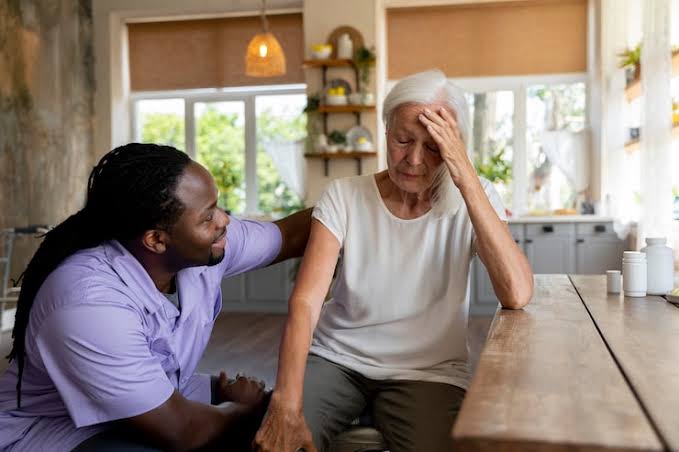Monaco Stroke Association
Did you know ... about 1 out of 4 people will have a stroke in their lifetime ...
...our vision is a world where people live free from the effects of stroke.
Engage with us!
ABOUT MONACO AVC
A stroke can change your life. Personally, I had two strokes, and I am very lucky to say am in great shape. Rehabilitation can be a long process, but it is easier if you can share your progress with other patients. You can find pictures of my journey since 2019 below.
The Monaco Stroke Association, known as Monaco AVC (Accident Vasculaire Cérébrale), was born from my personal journey, but Monaco AVC needs also your donation, contribution, as well as any possible engagement of stroke patients, family members, and health professionals.
Our vision is a world where people live free from the effects of stroke, and this drives our effort to improve access to prevention, rehabilitation and support for patients in Monaco.
We need your support of the association to continue the good work. Monaco AVC means a lot to me, and your contribution can make a difference!
Steven Saltzman
President Monaco AVC
SEE YOU IN GOOD HEALTH!
Next MonacoAVC
Get-together
19th February 2026
18:30pm, Fairmont Lobby
PATIENT STORIES
Alexander Mackenzie, 61: "I would warn my younger self to change my lifestyle"
Read MoreDiscover Sherezade's TV documentary how she recovered from her stroke, and about the support of the health services in Monaco and Nice.
Read MoreSenator Mitch McConnell was freezing midsentence July 26 during a news conference. We wish him a speedy recovery in the name of Monaco AVC!
Read MoreThe Tragic Story Behind Princess Grace's Death in a Car Accident which was caused by a stroke
Read MoreEvents
DONATE!
Even the smallest amount helps us to support stroke patients, our organization, and our advocating for stroke patients.
Your contribution counts! Support us with your engagement. You can donate via cheque, paypal, or wire transfer to MonacoAVC, c/o Saltzman, Escalier Inzernia, 98000 Monaco. Please use the same payment options for your annual membership dues.
Bank details: Credit Agricole Provence Cote d'Azur
IBAN: FR76 1910 6006 3844 6988 8716 584
BIC: AGRIFRPP891
Please don't hesitate to contact us personally:
Mr. Steven SALTZMAN
Tél. +377 6 78 63 98 22
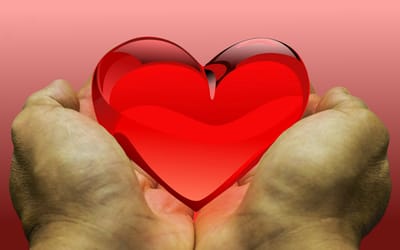
100€
Partners
FAQ
CONTACT
- Monte-Carlo, Monaco-Ville, Monaco
- Villa Inzernia Escalier Inzernia
- +377- 6 78 63 98 22 - Monaco AVC President
- president@monacoAVC.mc
- Appointment-based
Membership in the MonacoAVC association is open to citizens, residents & regulars in Monaco, committed to supporting MonacoAVC and our vital work. Together we can educate, inspire, and mobilize the community to take action for a better world. Our membership contribution is only 100€. Come join us!
JOIN US
To become a member, please submit the below form, or contact us. The annual membership fee is 100€. Monaco doctors, therapists & health practitioners are welcome to support our organization with a free membership (no voting rights). Please find information how to pay your membership fee on the DONATE! page.
Powered by 123ContactForm | Report abuse
News & Articles
SHARE YOUR PERSONAL STORY
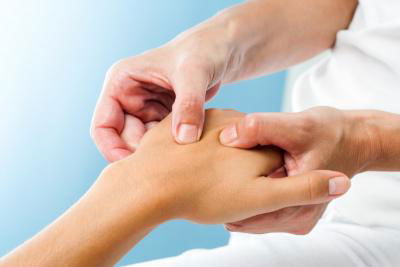
Sharing your story has the potential to help someone else feel less alone. Knowing more pain-points can help the Monaco AVC association to challenge the status quo, raise awareness for prevention, and necessary rehabilitation for stroke patients.
Join one of our meetings, join our WhatsApp group, and please also don’t hesitate to contact the Monaco AVC President, Steven Saltzman personally and share your story: Tel. +33 6 78 63 98 22
THERAPY & RESOUCES
This is not an exhaustive overview. Please ask your practitioner for advise on your specific situation.
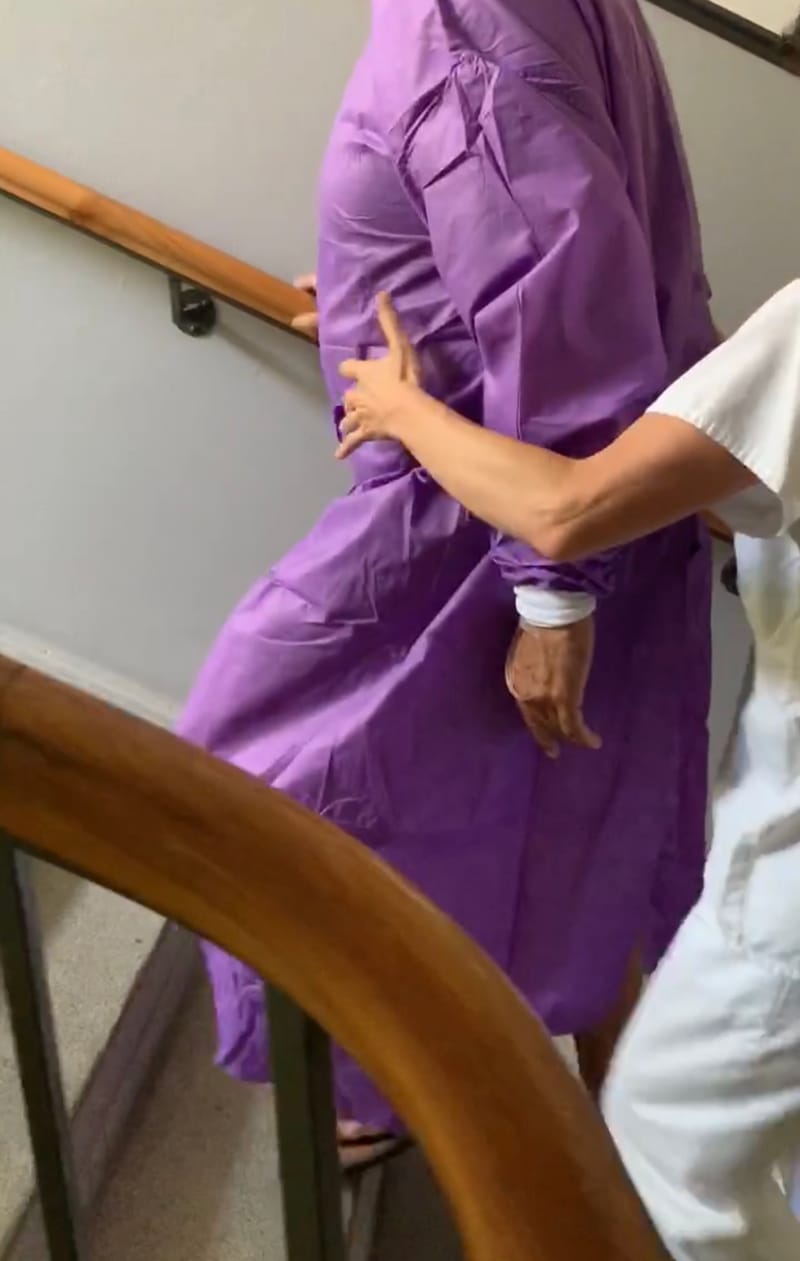
Occupational Therapy
Occupational Therapy is a more task-focused type of training, and therapists work with stroke survivors on practical, real-world, day-to-day tasks such as getting in and out of bed and dressed, eating & drinking, and general walking and climbing of stairs. It usually starts directly in the hospital on Day 2 or 3.
Learn More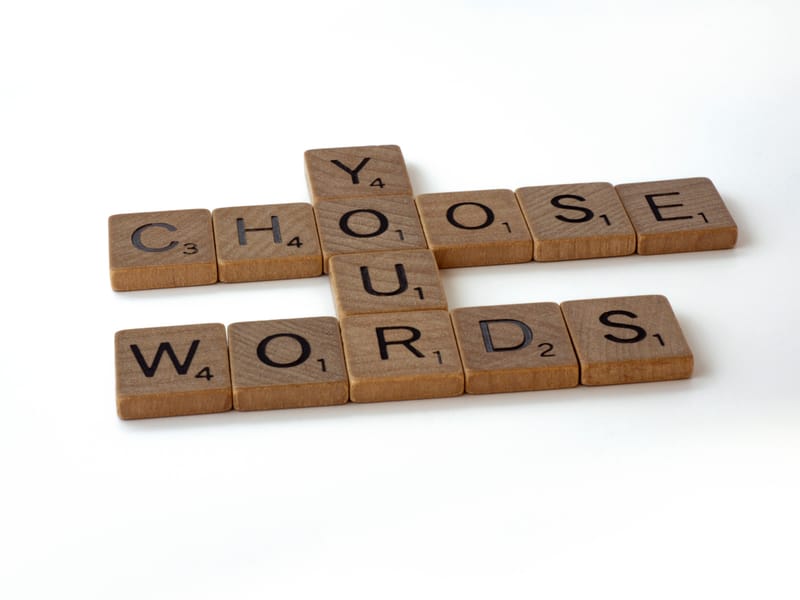
Speech and Swallow Therapy
Speech and Swallow Therapy will support you in getting those skills back as swallowing is equally important for breathing, coughing, speaking as it is for drinking and eating.
Learn More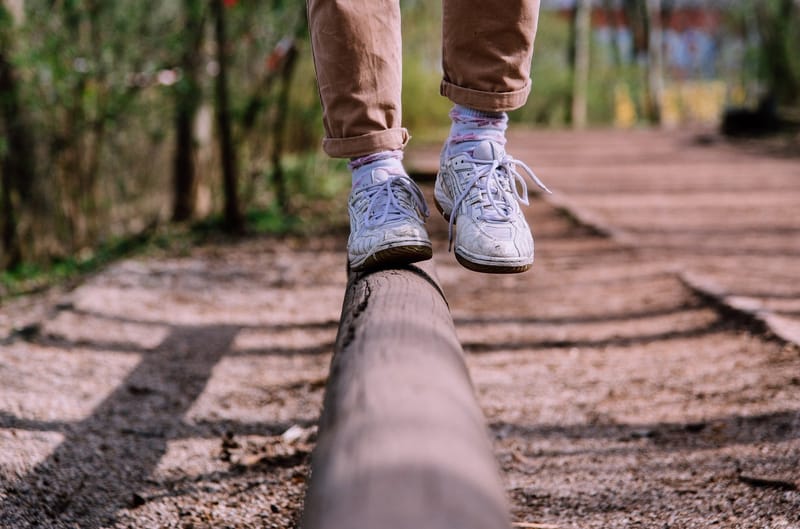
Visual and Balance Therapy
Visual Therapy and Balance Therapy are often scheduled in combined rehabilitation sessions for stroke survivors, because vision partially relies on good balance and balance partially relies on good vision, and the areas of the brain that control these two functions have to interact.
Learn More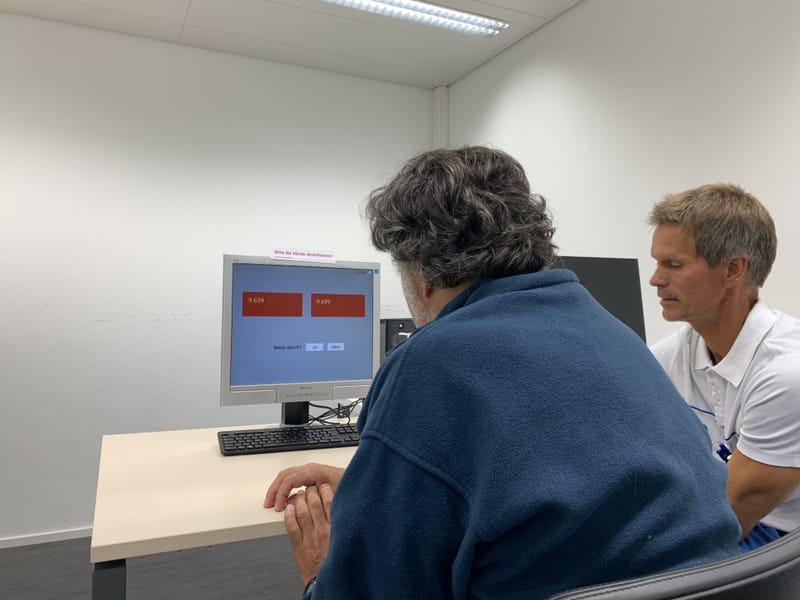
Cognitive Therapy
Cognitive Therapy involves interventions that are designed to improve thinking skills and problem-solving abilities.
Learn More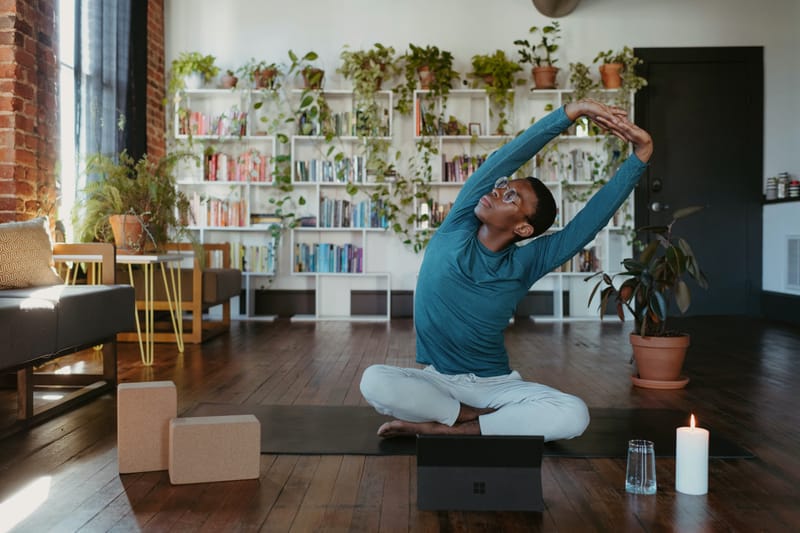
Yoga & Meditation
Yoga and meditation can aid in stroke prevention and rehabilitation by improving physical functions like balance and strength, boosting cognitive abilities, and reducing stress. They are particularly effective as an adjunct therapy, helping to enhance neuroplasticity, which is the brain's ability to adapt and form new connections after damage. Specific benefits include improved mobility, flexibility, circulation, and a greater sense of independence for stroke survivors.
Article: 5 benefits of Yoga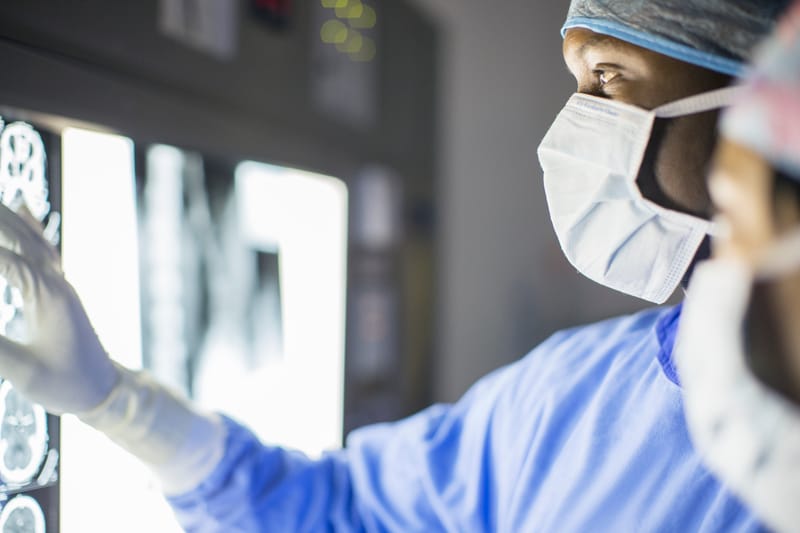
DMSO Dimethyl Sulfoxide Therapie
A new alternative therapy provides promising results with machines that will reverse strokes. It may will take about one month with one-two hours per day of expensive treatment of about £300 per session: Currently offered in two UK clinics in the UK (Battersea and Optimal Health). We are not providing recommendation on that as an association. We are only informing about what is publicly available. Please consult your practitioner on the above.
Article: Information on DMSO Therapy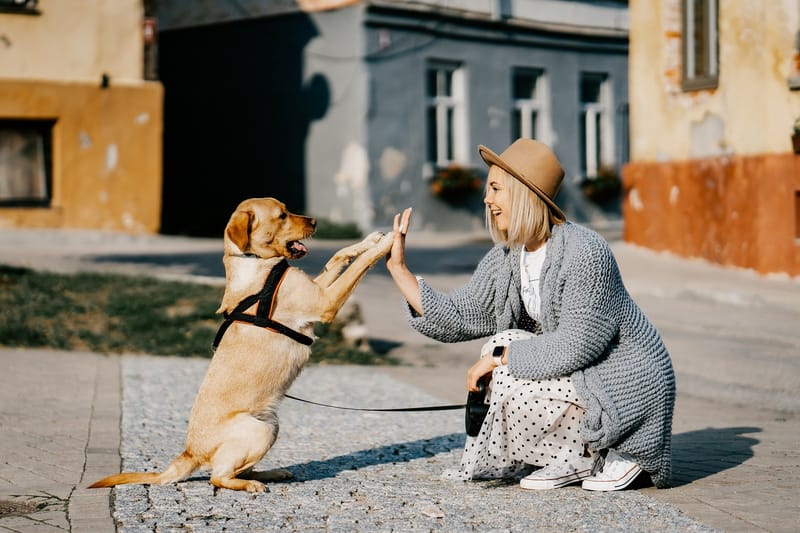
Further Therapy Forms in Post-Stroke Rehabilitation
New types of therapy are evolving, like Innovative Physical Therapy, EMDR, Mirror Therapy, Electrical Therapy, Therapy Dogs and Music Therapy.
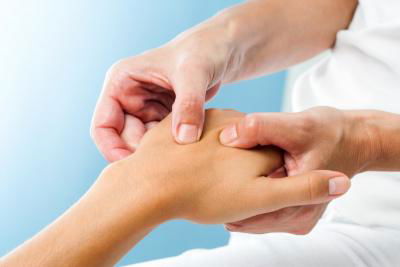
Micro Osteo Digital Treatment
Digital Micro-Osteo is a non-manipulative manual therapeutic method. Initiated by Doctor Maurice Poyet in France towards the late 70s, it is a blend between Chinese energy therapy and the rules of osteopathy based on the Primary Respiratory Mechanism (PRM) or “breath of life”. https://microosteo.fr/ https://seednurture.com/en/ https://classic.clinicaltrials.gov/ct2/show/NCT04845269 Available in Menton, Cote d'Azur: Philippe Bagnol +33 6 19 76 20 59 Addresse: Espace Neona 32, Rue de la République, 06500 Menton

Fragile Suisse
FRAGILE Suisse is the Swiss patient organisation for people with strokes and their relatives, and supported us personally. They are offering a wide range of services with eleven regional associations in Switzerland: https://www.fragile.ch
Learn More
